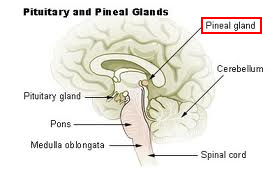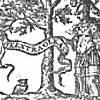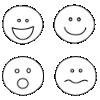The Encyclopedia Britannica defines philosophy of the mind as a “reflection on the nature of mental phenomena and especially on the relation of the mind to the body and to the rest of the physical world.”1. This is a wide, and surprisingly decisive field, as indicating by the following two prevailing dichotomies:
1) The Mind-Body Problem - Dualism vs. Monism
This line of inquiry into whether the mind is separate from the physical body (the dualist approach) or if they are a single unified entity (the monist view) is practically as old as philosophy itself, appearing in some form in works of Plato (dualist) and Aristotle (monist), though Descartes’ founding of Cartesian dualism is often seen as the first thorough attempt at answering the problem. Since then many philosophers have weighed in, including Kant, Huxley and Searle; modern philosophy tends toward dualism but there remain arguments for both sides and many sub-divisions of both arguments as well.
2) Location of the Mind - Externalism vs. Internalism
Here, there is dissent among philosophers concerning the actual placement of what we call the mind. Is it inside the body (internalism) or outside it (externalism)? It would seem that monists would argue the former but Descartes, in his idea of dualism, put forward that the pineal gland (a pea-sized gland in the brain) is the “principal seat of the soul”2 so the divide is by no means clear. Putnam’s Twin Earth thought experiment is another argument for externalism.

Of course, these are far from the only two issues that plague philosophers of the mind today. The term ‘naturalism’ enfolds the physicalist problem that if the mind is a physical thing, like the body, then why does it possess qualities (e.g. the ability to experience pain) that do not occur in any other materials we know of? Then there is the philosophy of perception that deals with the bridge between what is real and what we sense, as well as how these interpretations affect our beliefs.
While an admirable pursuit in philosophy alone, applications of the study of the philosophy of the mind stretch from neurobiology to cognitive science to computer science so undoubtedly this is an area of study that will persist.
References:
[1] Rey, G. (2013). Philosophy of the Mind. [ONLINE] Available at: http://www.britannica.com/EBchecked/topic/383556/philosophy-of-mind. [Last Accessed 22/03/2014].
[2] Lokhorst, Gert-Jan (2005). Descartes and the Pineal Gland. [ONLINE] Available at: http://plato.stanford.edu/entries/pineal-gland/. [Last Accessed 22/03/2014].



